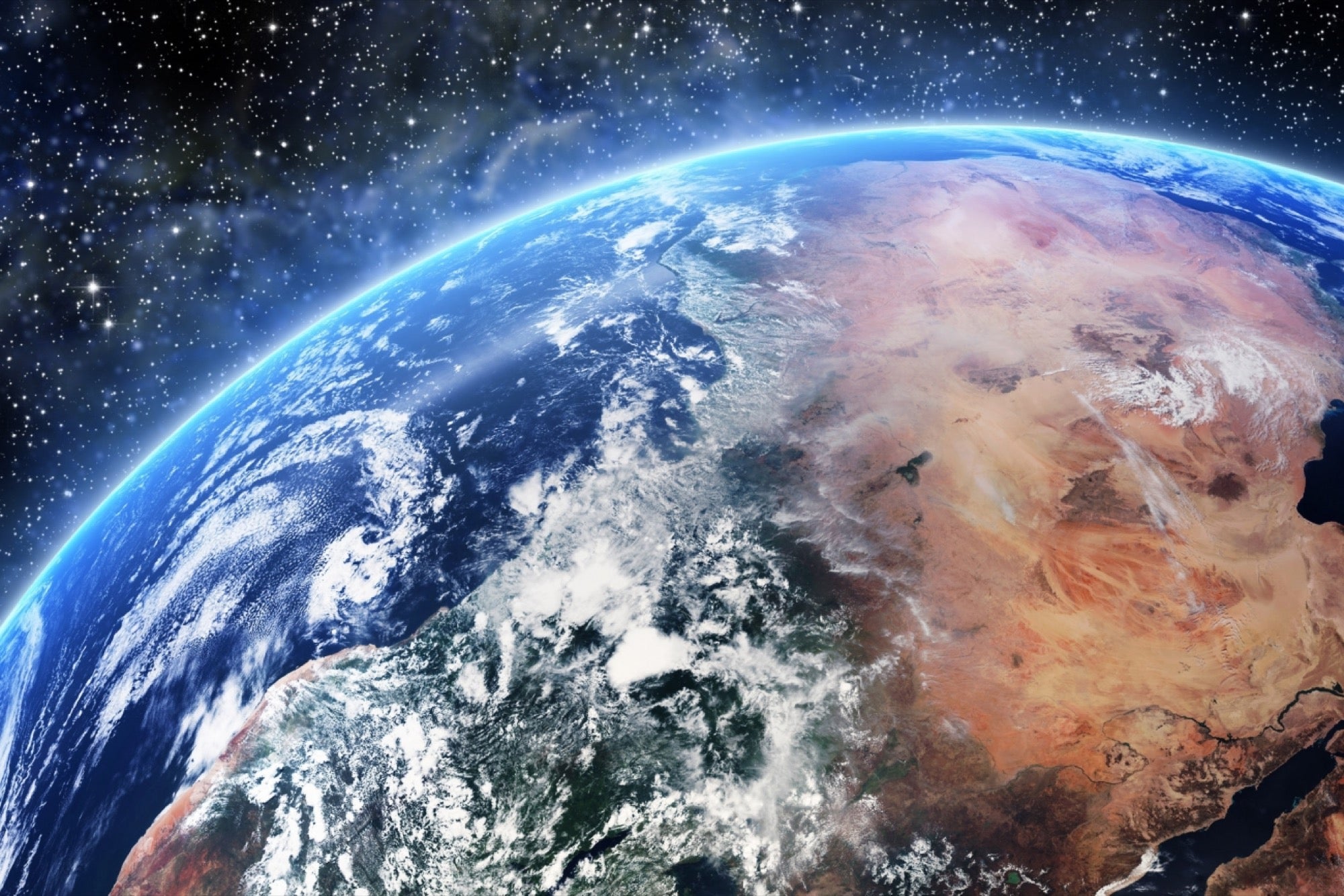3 Environmental Problems Entrepreneurs Can Help Solve Part of the global entrepreneurial challenge is to build profitable business without causing social and environmental harm.
By Firas Kittaneh Edited by Dan Bova
Opinions expressed by Entrepreneur contributors are their own.

In 2013, the Environmental Protection Agency (EPA) found that the U.S. produced 6.7 billion metric tons of greenhouse gas emissions. Both businesses and consumers are to blame. By 2050, scientists predict air pollution may cause 6.6 million premature deaths annually. At our current rate of manufacturing and consumption, we risk bringing future generations into a world without clean air or water.
As entrepreneurs, we have a shared responsibility to reduce our carbon footprint and conduct sustainable business practices. Below are three industries that need further disruption to ensure we all dramatically reduce our carbon footprint.
Food.
The United Nations Environment Programme (UNEP) suggests, "Roughly one-third of the food produced in the world for human consumption every year -- approximately 1.3 billion tonnes -- gets lost or wasted." Yet, according to the World Food Programme (WFP), "Some 795 million people in the world do not have enough food to lead a healthy active life. That's about one in nine people on earth."
A similarly sad fact is: organic waste in the U.S. is a leading source of methane emissions. In developed countries, food is a plentiful resource we readily squander, yet our overproduction and underconsumption is ruinous for the world.
Sustainable solutions like farm-to-table dining and Soylent are new innovations that will hopefully encourage even more businesses to adopt smarter food practices. In the meantime, companies can focus on better predicting demand (to avoid producing more food than people will actually consume) and suppressing our appetite for red meat.
Related: Dell Launches Effort Supporting UN's 'Goal 8' to Enhance Global Entrepreneurship
Clothing.
In an article in The Atlantic, Elizabeth Cline reported that Americans send approximately 10.5 million tons of clothing straight to landfills each year. Although some donate their used clothes to Goodwill and other charitable institutions, most consumers toss their old wares in with regular trash.
Retailers are to complicit by encouraging wasteful practices. Inaccurate trend forecasting often leads to excess supply. The leftover clothes later find their way to the clearance aisle where impulsive shoppers purchase dozens of items at a steep discount. Instead of manufacturing new clothing, companies should aim to recycle and re-circulate any items that are still like-new.
Startups such as Rent The Runway and ThredUp are bringing the experience of shopping for secondhand clothing and renting expensive items for one-time use online. With fewer clothes being produced and more items being reused, we might begin to appreciate the things we already have instead of discarding them whenever something new comes along.
Related: How an Outdoor-Clothing Company Is Building Up Manufacturing in Mountain Towns
Technology.
Earlier this year, BBC broke the news on the consequences of our tech lust. Beside a lake on an empty stretch of land within Inner Mongolia, China "Dozens of pipes line the shore, churning out a torrent of thick, black, chemical waste from the refineries that surround the lake," writes Tim Maughan. He describes, "The smell of sulphur and the roar of the pipes invades my senses. It feels like hell on Earth."
Our insatiable desire for faster, smarter and more energy-efficient technology is arguably counter-productive. While we thrive thanks to lightning speed Internet connections, cell phones that are smarter than the average human being and other neat gadgets that make our lives feel and seem easier, we are exhausting a number of non-renewable resources. Tons of cheap, harmful chemicals are used, and emitted as pollutants, to build the devices we buy.
Despite all of that, Americans still manage to toss about 50 million computers each year, nearly 30 million TVs and 140 million mobile devices. Sadly, we only manage to recycle 25 percent of it all. If more consumers resisted the urge to upgrade to the latest iPhone, the world would be a much better place.
Business profits should not have such a high social cost. The more entrepreneurs take responsibility for protecting the environment by giving consumers better choices about what they buy, the more likely it is future generations will enjoy a healther world than we live in today.
Related: The Serial Entrepreneur Who Is Tackling E-Waste With EcoATMs










